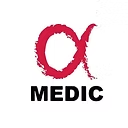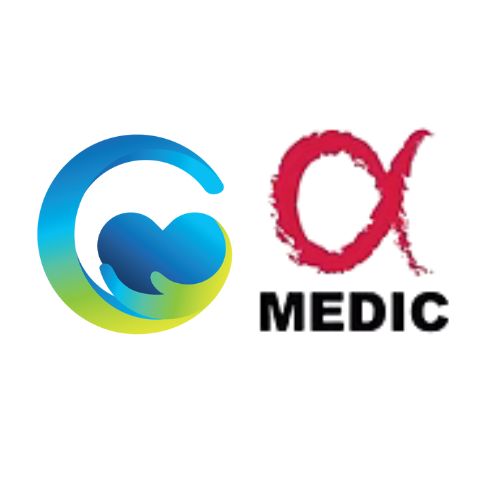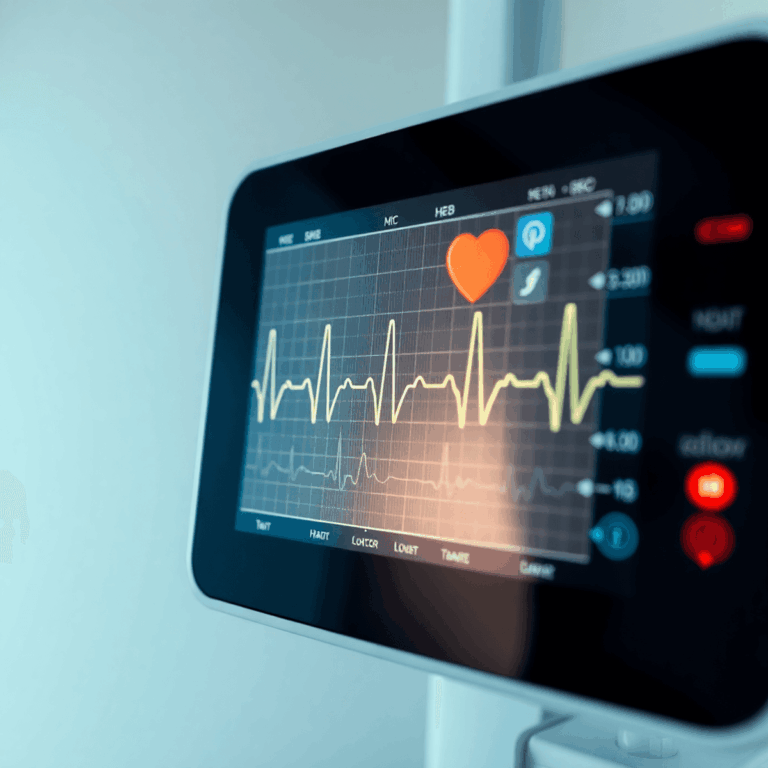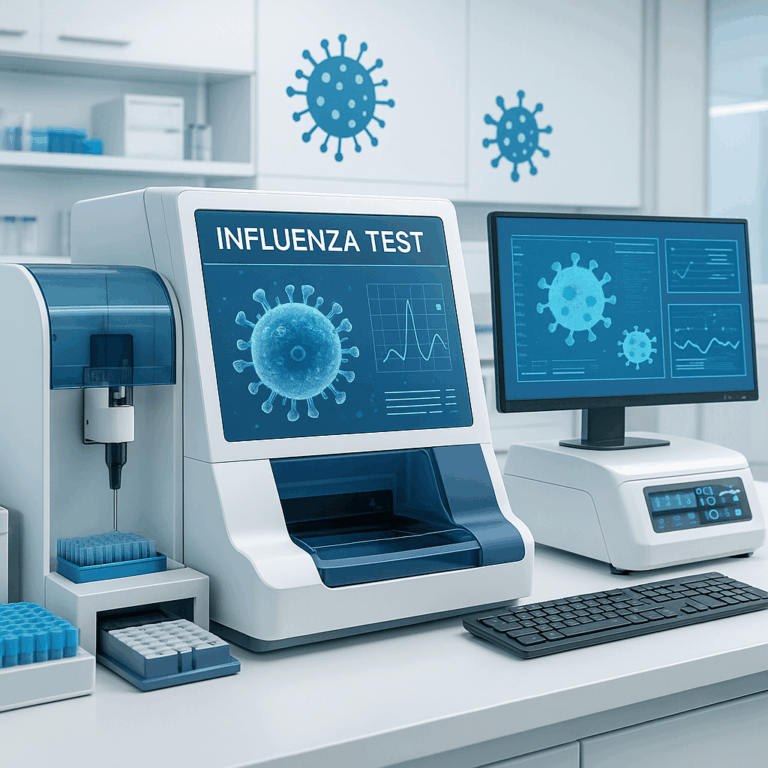Get In Touch With Us
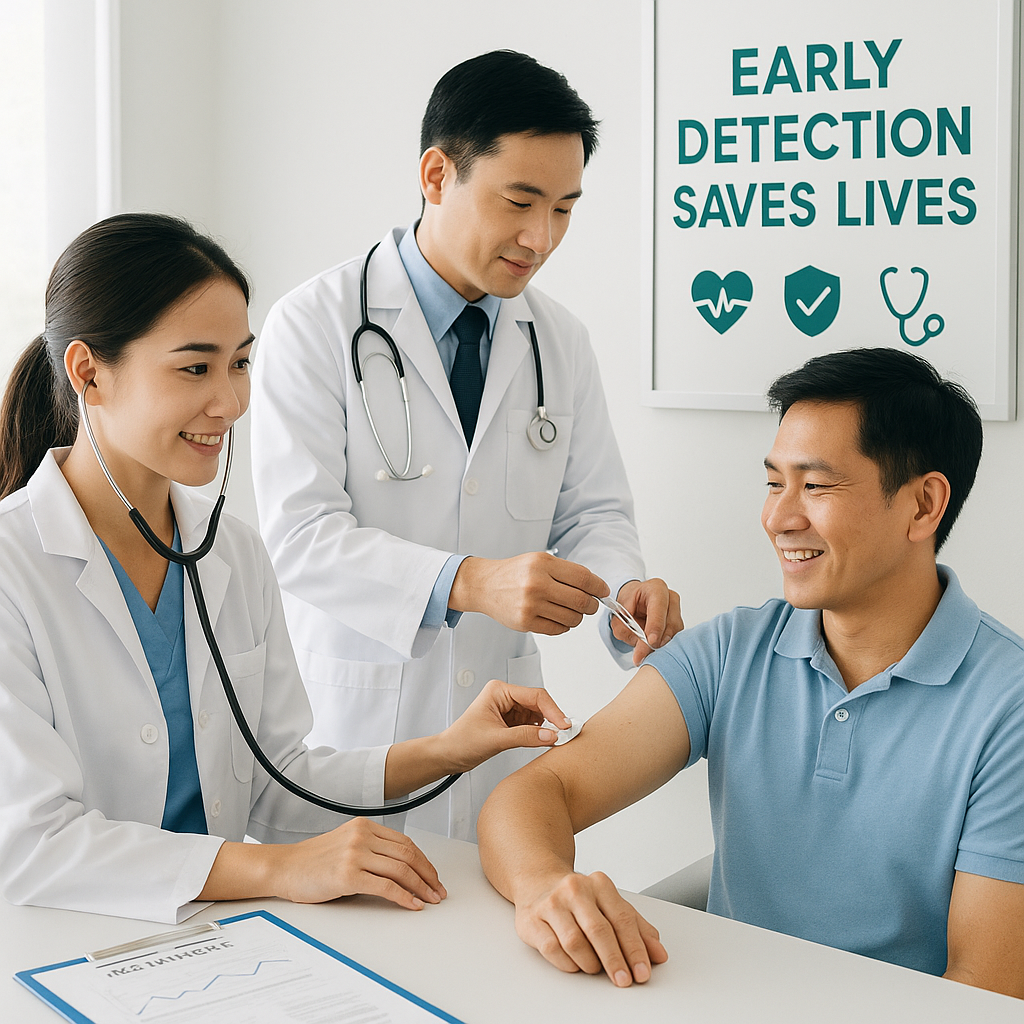
10 Surprising Benefits of Regular Health Screenings
Discover 10 surprising benefits of regular health screenings for early detection, prevention, and better overall wellness.
Health screenings are a crucial part of preventive healthcare, allowing us to take a proactive approach in staying healthy. These screenings involve various tests and examinations that help identify potential health problems before any symptoms appear.
Whether it’s getting typhoid vaccinations as a food and beverage handler or undergoing comprehensive health checks to uncover hidden conditions, there are many different types of health screenings available.
In this article, we’ll explore 10 surprising benefits that highlight why prioritizing health screenings is so important for our overall well-being and longevity.
1. Early Detection of Diseases
Health screenings are important for finding health problems early on, even before symptoms show up. This proactive method can often lead to preventing diseases and better treatment results. Some common conditions that can be found through regular screenings include:
- Cancer (like breast, colorectal, and cervical cancer)
- Diabetes
- Heart disease
- Asthma
Finding these diseases early on greatly increases the chances of successful treatment, lowers the risk of complications, and improves overall well-being. The advantages of early diagnosis through routine health screenings go beyond just treatment; they give patients the power to make informed decisions about their healthcare by providing them with timely information.
In addition, health screenings can also reveal the need for important vaccinations, which are crucial in stopping the spread of different infectious diseases. At Klinik Alpha, we offer a wide variety of vaccinations that are given by qualified medical professionals to ensure safe and effective immunization.
2. Prevention Through Timely Intervention
Early detection through regular health screenings allows for timely intervention, a cornerstone of effective preventive care. When potential health issues are identified promptly, healthcare providers can initiate treatments or lifestyle changes that halt or slow disease progression. This proactive approach often means:
- Implementing medication regimens before symptoms worsen
- Advising dietary and exercise modifications tailored to individual risk
- Scheduling follow-up tests to monitor patient response
By catching conditions early, the severity of illnesses diminishes, reducing complications and improving long-term disease management. Prompt medical action strengthens outcomes by addressing problems before they escalate into more serious, costly health challenges.
How Timely Interventions Work
To facilitate such timely interventions, general consultation and walk-in services can be extremely beneficial. These services provide a platform for expert medical consultations that cater to all healthcare needs, whether it’s a minor illness or requiring follow-up care.
Moreover, making lifestyle changes—like adjusting your diet or exercise routine—can be much more effective with professional guidance. If you’re dealing with weight management or health conditions that require a personalized approach, a consultation with a healthcare provider can offer the support and advice you need.
Additionally, if you experience an unexpected health issue or need urgent medical attention, you can count on our clinic for prompt and reliable care when you need it most.
Lastly, regular follow-ups to monitor patient response can be seamlessly integrated into this preventive care approach. Such follow-ups are essential in ensuring that the prescribed treatment is effective and making necessary adjustments when required.
3. Monitoring Health Changes Over Time
Health screenings play a crucial role in monitoring health changes over time, contributing to effective chronic disease management and overall well-being. Key points to consider include:
- Importance of comparing test results over multiple screenings: Tracking changes in test results over time allows healthcare providers to identify trends and deviations that could indicate the onset of potential health issues. Regular screenings, such as full blood tests or ECG tests, facilitate this process.
- Detecting subtle changes that indicate emerging conditions: Even minor variations in screening results can signal the early stages of diseases or conditions, enabling proactive intervention and treatment. For instance, regular influenza and COVID tests can help detect these viral infections early. Similarly, a dengue rapid test can provide timely information about a potential dengue infection. These regular screenings facilitate the early detection of health changes, supporting timely management strategies.
4. Detecting Chronic Illnesses at an Early Stage
Regular health screenings play a crucial role in detecting common chronic illnesses like hypertension and diabetes early on. These conditions often develop silently without noticeable symptoms, making regular screenings essential for their early identification. For instance, comprehensive health screening services can play a key role in the early detection of serious illnesses, allowing for timely treatment and better outcomes.
Early detection of chronic illnesses allows for timely intervention and proactive management strategies. By starting treatment at an early stage, individuals can better control these conditions, prevent complications, and maintain their long-term health effectively.
5. Supporting Overall Wellness and Preventive Practices
Regular health screenings not only focus on disease detection but also play a vital role in promoting overall wellness and preventive practices. Here’s how:
1. Catalyst for Healthier Lifestyle Habits
Screening results serve as a catalyst for adopting healthier lifestyle habits. When individuals receive feedback on their health status through screenings, it often motivates them to make positive changes in their diet, exercise routine, and other lifestyle choices.
2. Prioritizing Wellness Promotion
Health screenings encourage individuals to prioritize wellness promotion through preventive practices. Instead of solely relying on reactive measures when faced with health issues, screenings empower people to take charge of their well-being by proactively engaging in activities that promote good health.
3. Holistic Approach to Healthcare
Integrating screenings into routine health maintenance facilitates a holistic approach to healthcare. It recognizes that true well-being encompasses not just the absence of disease but also physical fitness, mental clarity, emotional balance, and social connectivity.
By leveraging the insights gained from screenings, individuals are empowered to make healthier choices, leading to a proactive approach towards their well-being. This emphasis on preventive lifestyle changes contributes to a more comprehensive and holistic healthcare strategy.
6. Accessibility and Cost-effectiveness of Screenings
Economic advantages by preventing advanced disease treatments
By detecting health issues early through screenings, individuals can avoid the need for costly treatments associated with advanced stages of diseases. This proactive approach not only saves money on healthcare expenses but also improves overall health outcomes and quality of life in the long run. For instance, a health screening could reveal underlying issues that may require intravenous drip therapy (IV Drip) to address fatigue or dehydration, which is much more cost-effective than treating late-stage diseases.
7. Comprehensive Healthcare Beyond Symptom-Based Visits
Routine check-ups benefits extend far beyond addressing immediate symptoms. Reactive sick visits focus on treating problems once they arise, often missing opportunities to catch conditions early. Proactive healthcare emphasizes regular screenings that uncover hidden or asymptomatic conditions before they manifest noticeable signs.
Key advantages include:
- Detecting silent illnesses such as hypertension or early-stage kidney disease
- Allowing healthcare providers to tailor personalized prevention plans
- Reducing the risk of emergency situations through continuous monitoring
This approach shifts the healthcare experience from crisis management to sustained well-being, reinforcing the value of consistent health evaluations.
8. Enhancing Longevity Through Proactive Management
Regular health screenings play a critical role in longevity improvement by enabling proactive health management. Detecting risk factors such as high cholesterol, elevated blood pressure, or early signs of metabolic disorders allows individuals to take targeted action before these issues escalate. This early intervention reduces the likelihood of severe complications like heart attacks or strokes, which can significantly shorten life expectancy.
Key benefits include:
- Timely lifestyle adjustments tailored to individual risk profiles
- Personalized medical treatments that slow disease progression
- Increased chances of maintaining optimal health well into later years
Proactive management informed by consistent screenings transforms healthcare from reactive to preventive, supporting longer, healthier lives.
9. Reducing Emotional Stress by Knowing Your Health Status
Regular health screening plays a crucial role in supporting emotional well-being. Being informed about your health status can significantly alleviate health anxiety, replacing uncertainty with clarity. When test results confirm good health or identify manageable conditions early, it fosters peace of mind and reassurance. This knowledge empowers individuals to face their health proactively rather than with fear, promoting a positive outlook.
“Understanding your health through screenings transforms worry into confidence, enabling you to focus on wellness instead of unknown risks.”
Such psychological benefits contribute to improved quality of life alongside physical health maintenance. Comprehensive blood tests and health screenings can help detect potential health risks early, ensuring you get the right treatment at the right time. For specific concerns like heart health, an Electrocardiogram (ECG) can provide essential insights. Women’s health screenings, such as a Pap smear, also play a vital role in long-term wellness. Regular check-ups and screenings are key to maintaining both emotional and physical health.
10. Empowering Individuals to Take Charge of Their Health
Regular health screenings provide essential insights that lead to patient empowerment by enabling informed health decisions. When individuals understand their current health status, such as the results from STD testing, they become motivated to adopt healthier lifestyles, such as improving diet, increasing physical activity, or quitting smoking. This heightened awareness fosters a sense of personal responsibility for ongoing health maintenance, encouraging proactive engagement with healthcare providers.
Empowered patients are more likely to follow preventive measures and treatment plans, contributing significantly to better long-term health outcomes and a more active role in managing their well-being.
Conclusion
Regular health screenings are a proactive approach to maintaining good health, enabling early detection and prevention of diseases. By prioritizing these screenings, individuals empower themselves to make informed decisions about their health and well-being.
Remember, taking care of your health is an ongoing process, and scheduling a health screening today is a crucial step towards a healthier tomorrow. Take charge of your health now and prioritize regular screenings to ensure a better quality of life.
FAQs (Frequently Asked Questions)
What are regular health screenings and why are they important?
Regular health screenings are preventive healthcare measures that involve routine tests to detect potential health issues early. They are important because they help identify diseases before symptoms appear, allowing for timely intervention and better treatment outcomes.
How do health screenings contribute to early detection of diseases?
Health screenings enable early diagnosis by identifying potential conditions such as cancer, diabetes, and heart disease before symptoms develop. Early detection increases the chances of successful treatment and can prevent disease progression.
In what ways do timely interventions from screenings prevent serious illnesses?
Timely interventions following early detection through screenings allow prompt medical action that can reduce the severity and progression of illnesses. Preventive care resulting from these interventions helps manage diseases effectively and improves long-term health.
Can regular health screenings help monitor changes in my health over time?
Yes, regular screenings facilitate longitudinal health monitoring by comparing test results over multiple visits. This helps detect subtle changes indicating emerging conditions or chronic disease development, enabling proactive management.
Are health screenings cost-effective and accessible?
Many preventive screenings are covered by insurance at no extra cost, making them accessible to most individuals. By preventing advanced disease treatments, screenings also reduce overall healthcare costs, providing economic advantages.
How do regular health screenings empower individuals to take charge of their health?
Screenings provide valuable knowledge about one’s health status, motivating individuals to adopt healthier lifestyles and make informed decisions. This empowerment fosters personal responsibility for ongoing health maintenance and promotes overall wellness.
